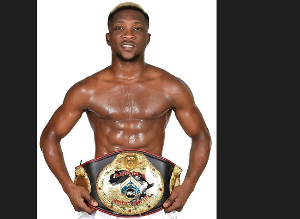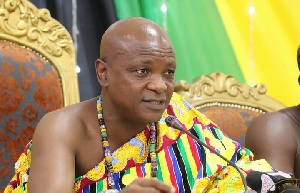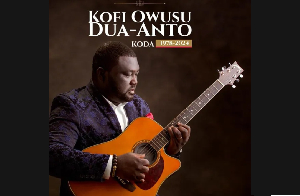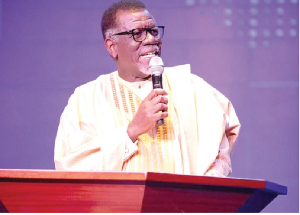- Home - News
- TWI News | TV
- Polls
- Year In Review
- News Archive
- Crime & Punishment
- Politics
- Regional
- Editorial
- Health
- Ghanaians Abroad
- Tabloid
- Africa
- Religion
- Election 2020
- Coronavirus
- News Videos | TV
- Photo Archives
- News Headlines
- Press Release
General News of Friday, 17 August 2012
Source: Daily Guide
Government In Limbo Over Gay Rights
The government of Ghana is in a serious state of confusion about how to make a definite stance on gay rights in the country.
This is despite the intense condemnation of the anomalous sexual behavior by very senior government officials.
The general public is pushing the government hard to ban gay rights and several government officials have indicated the National Democratic Congress’ willingness to ban the lifestyle.
Even before his untimely demise, ex-President John Evans Atta Mills proclaimed, “Ghanaian society frowns on homosexuality.
If the people’s interest is that we do not legalize homosexuality, I don’t see how any responsible leader can decide to go against the wishes of his people.”
But all the pronouncements being made are perhaps empty threats because Joseph Yieleh Chireh, former Minister of Health and currently a Member of Parliament for Wa West has disclosed that banning gay rights may currently not be possible because government would have to rely on a Supreme Court declaration to make any definite stance on same sex relationships.
The comments are coming on the heels of reports that a prominent member of government is alleged to be a homosexual right from his secondary school days.
“There is a case at the Supreme Court now for the declaration or interpretation of the rights [of gays]. Government thinks that we would be doing an unconstitutional thing by passing a law to ban gay rights,” he told several media men at the forum organized for the discussion of recommendations in the Constitutional Review Report in Accra on Tuesday.
“Our constitution is full of sweeping human rights provisions,” said Hon. Yieleh Chireh.
Essentially, he meant that whatever decision the government is forced to take now, the Supreme Court could possibly strike it out, hence the need to wait for a Supreme Court declaration.
“Let the Supreme Court which decides whether something is legal or not take the decision,” the former health minister noted.
Recently, the government of Ghana was dragged to the Supreme Court by some gay right activists seeking the apex court to interpret their rights in the face of serious condemnation and prosecutions.
In March this year, club and machete wielding youth of Jamestown in Accra descended on a group of people suspected to be homosexuals and lesbians, vowing to eliminate them from their society because their sexual lifestyle offends the culture of the community.
Also recently, UK Prime Minister, James Cameron mounted a crusade to instill gay acceptance in developing countries. According to him, the UK will only grant aid to countries that respect gay right. Indeed, this move rather ignited extreme homophobia in Ghana.
Under Ghanaian law, male same-sex sexual activity is illegal. Gay men can also be punished under provisions concerning assault and rape.
Meanwhile the Constitutional Review Commission (CRC), which was composed in 2010 and headed by Prof. Albert Kodzo Fiadjoe, made recommendations to the effect that the Supreme Court should determine the status of same sex section of the Ghanaian society.
“It is very probable that a proposal to give some recognition to same-sex relationships in Ghana at this stage will be condemned by a large section of the population in the country – mainly on religious and cultural grounds.
On the other hand, a suggestion to introduce a provision in the constitution expressly excluding same-sex marriages in Ghana would be clearly seen by many people in the country and outside of it as a reactionary move not worthy of a progressive state”, the CRC report stated.
“The first point to appreciate is that Gayism or whatever it is called is as of now, not an expressly recognized human right,” noted Prof. Fiadjoe. He however acknowledged that some people think being gay is a “new right”.
“We believe that they are human beings and every single right that is granted through the constitution, they are equally entitled to,” Nana Oye Lithur, a Human Rights lawyer told DAILY GUIDE recently.
“Government needs to reduce homophobia. It is not about legalizing homosexuality. I believe it’s about understanding issues related to homosexuality. Whether we like it or not we have homosexuals living in Ghana,” she observed.











